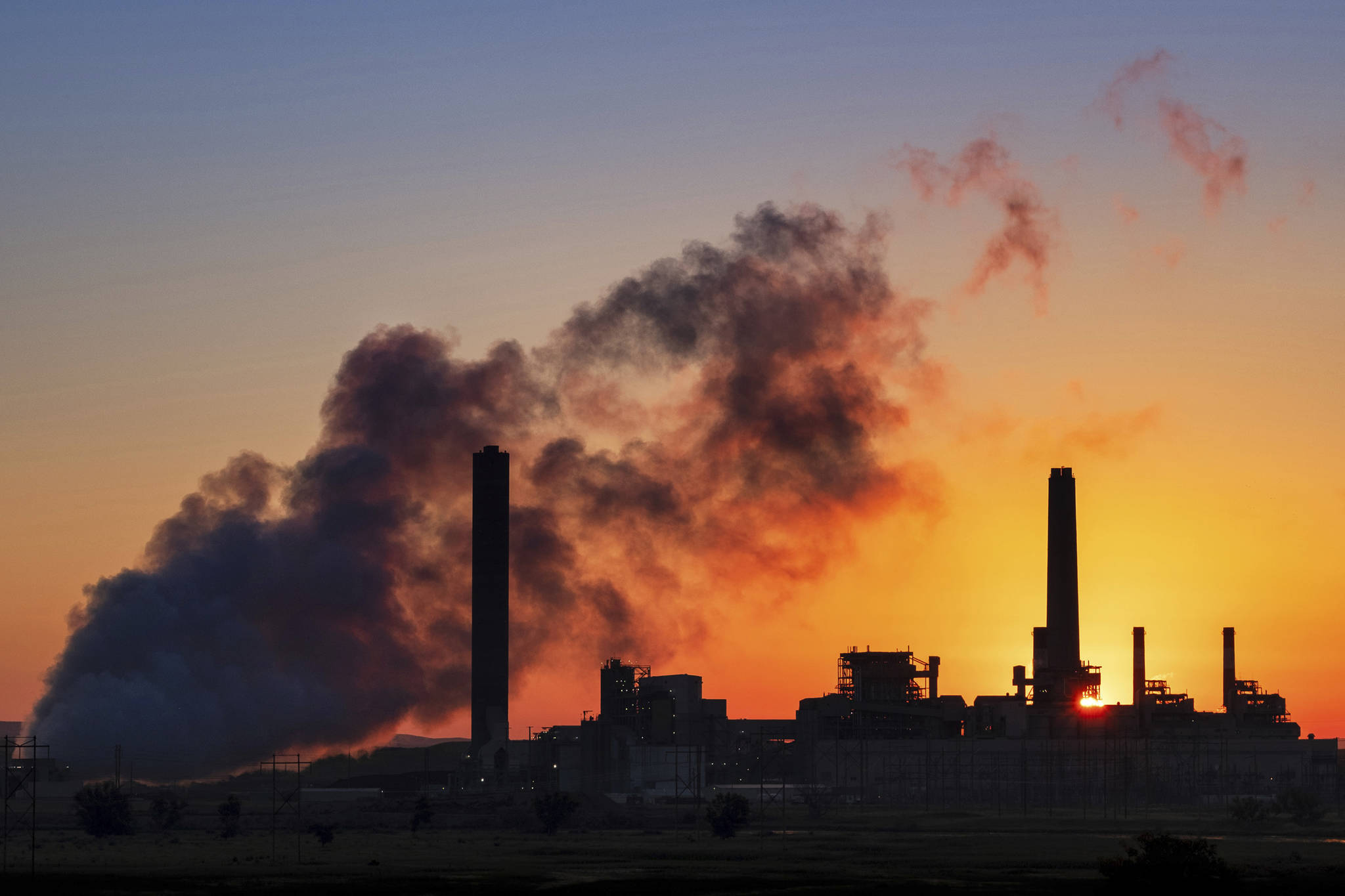“Your scientists were so preoccupied with whether or not they could, they didn’t stop to think if they should,” Ian Malcolm says in the film “Jurassic Park.” He was referring to the fictional creation of living dinosaurs from fossilized DNA. But it’s a good definition for the era of scientific short-sightedness that gave us climate change. And it might apply to the future of Republican Party.
I thought about Malcolm’s warning this week while reading an opinion piece by Rick Whitbeck. He was complaining about “over-zealous, short-sighted, Outside groups” trying to prevent our governor, Legislature and congressional delegation from developing Alaska’s natural resources.
Whitbeck was writing as state director of Power the Future, a national nonprofit. It aims to put the spotlight on radical environmentalists. They’re “wrong with respect to responsible development,” he wrote. And “notable for their hypocrisy,” such as typing “anti-development missives from iPhones charged by fossil fuels.”
A glaring irony here is the fact that Power the Future is an outside group too. It was founded a year ago by Daniel Turner, a resident of Washington, D.C. who boasts of “expertise in outreach strategies, social media engagement, communications and media relations.”
[Investment is the only way to achieve growth and stability]
Last month Turner opened the Alaska office and hired Whitbeck. His credentials in the fields of resource development or environmental science aren’t any better than Turner’s. Whitbeck served as the field director for Stand for Alaska, the group that opposed the Stand for Salmon initiative last fall. He was vice-chairman of the Alaska Republican Party. And he’s worked as a telecommunication accounts manager.
Compare Power the Future to an outside group like the Wilderness Society. Also headquartered in Washington D.C., it was founded in 1935 by Bob Marshall and Aldo Leopold, two of the most prominent foresters of their generation.
What really matters though is who they hire now.
Lois Epstein has been the Arctic Program Director for Wilderness Society since 2010. Prior to that job, she spent 30 years advocating for scientifically defensible, environmental decision making at the federal and state levels. She has degrees in mechanical and civil engineering.
[First study in 17 years will examine pollutants in Juneau’s air]
Sure, those disciplines aren’t specific to resource development. But all engineering is linked as partners to science.
“While it is true that engineering without science could be haphazard,” states Boston University’s College of Engineering website, “without engineering, scientific discovery would be a merely an academic pursuit.”
The jobs Power the Future claims to be defending wouldn’t exist if scientists and engineers hadn’t teamed up to find ways to extract our natural resources and ship them to plants and refineries. No one would be building planes, trains or automobiles. Or the equipment to harvest food and the refrigerator that keeps it fresh or frozen.
But as Malcolm argued, the long-term consequences weren’t always part of their equations. For instance, it wasn’t until after engineers figured out how to turn coal into electricity that scientists discovered the acid rain produced by plant emissions posed serious threats to human health and aquatic life. Engineers then took the updated science and developed methods and technologies to clean up the mess and reduce future impacts.
[Could Canadian mine be cautionary tale for Southeast?]
The cycle from discovery to benefit, unanticipated harmful consequences, and corrective measures has played out thousands of times in every field. So often that many expect scientific progress will deliver the clean energy technologies that will solve the global threats from climate change. And jobs too.
But even if climate change isn’t being driven by human activity, scientists and engineers will continue touch every aspect of our lives. And that simple fact explains why political opposition to addressing it is short-sighted.
According to a newly published Pew Research Center study about millennial and Gen Z political views, self-proclaimed Republicans of both of generations “are less likely than their older counterparts to attribute the earth’s warming temperatures to natural patterns, as opposed to human activity.”
That’s not because Democrats get more airtime in a biased news media. Public trust for both is too low for that to be the explanation.
It’s not the public education system either. Because you can’t expect teachers to carve out an exception by placing climate alongside evolution as the only scientific disciplines among the dozens not worthy of respect.
The Republican Party can continue to do that. But maybe they shouldn’t.
• Rich Moniak is a Juneau resident and retired civil engineer with more than 25 years of experience working in the public sector. He contributes a weekly “My Turn” to the Juneau Empire. My Turns and Letters to the Editor represent the view of the author, not the view of the Juneau Empire.

